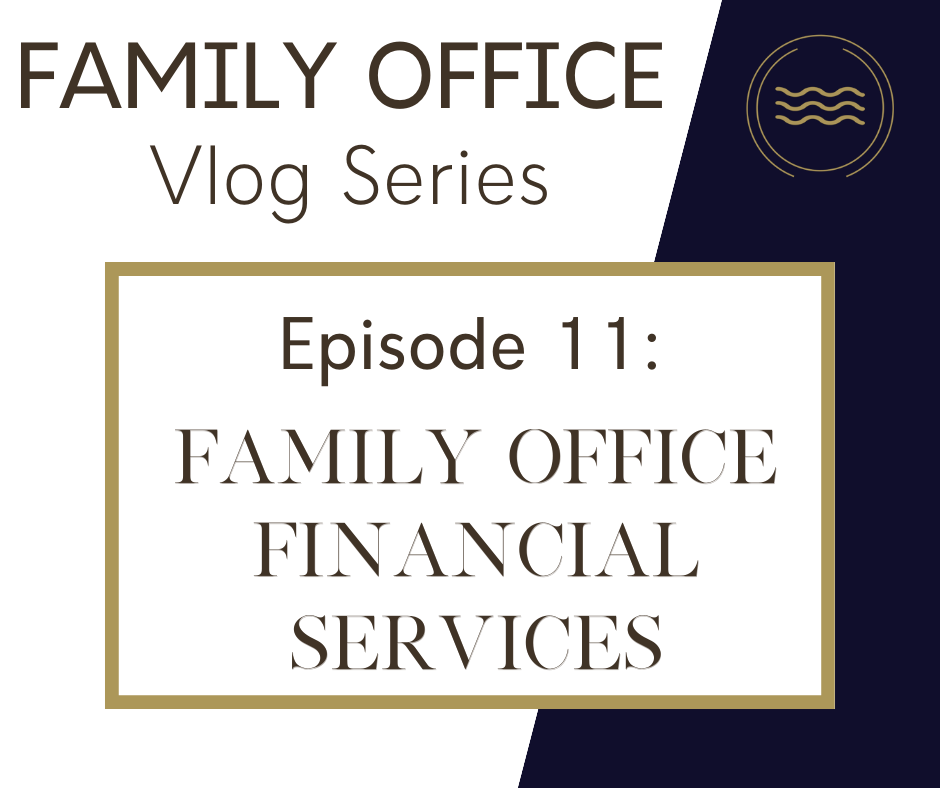
Part Two of the TCJA Attribution Rules: The Expansion Upward
In our blog post titled “Owning” Shares that Aren’t Yours: The Code’s Confusing Definition of “Ownership”, we introduced how U.S. Shareholders may be treated as constructively owning shares of a foreign company for purposes of determining whether the company is a CFC. Then, in Part One of the TCJA Attribution Rules: Family Matters, how the family attribution rules provide one of the three ways constructive ownership may occur. Now, we are going to discuss upward attribution, which is the second way constructive ownership may arise.
Upward attribution occurs when an entity owns shares in a foreign company and the entitiy’s members or partners are treated as constructively owning the entity’s shares for purposes of determining CFC status. Under Section 318(a) of the Code, individuals and entities may be attributed stock in three scenarios:
- From partnerships and estates;
- From trusts; and
- From corporations
Attribution from Partnership to Partner or Estate to Beneficiary
If a partnership or estate holds stock in a foreign corporation, either directly or indirectly, then the partners or beneficiaries will be treated as constructively owning that stock. Specifically, the beneficiary or partner will be treated as constructively owning a pro rata share of the entity’s stock.
Attribution from Trusts to Beneficiaries and Grantors
If a trust holds stock in a corporation, either directly or indirectly, then the beneficiaries who are U.S. Persons will be treated as constructively owning those shares. Additionally, if a trust is a foreign grantor trust, then the grantor or other substantial owner will be treated as owning the stock the trust directly or indirectly owns, in a proportion equal to their ownership share. However, where you have a tax-exempt, employee trust, then this attribution rule will not apply. For information on grantor trusts, please refer to our page asenaadvisors.com.
Attribution from Corporations to Shareholders
If 50% or more of the value of the stock in a corporation is owned directly or indirectly, by or for any person, that that person is considered as owning the stock owned by the corporation, both directly or indirectly. The person is deemed as owning the amount of stocks proportionate to the value of stocks that they own in corporation.
These rules can get incredibly complex, especially when trying to delineate which shares the entity itself is attributed through indirect ownership rules. However, the failure to properly determine constructive ownership triggers an inability to correctly determine whether a foreign company is a CFC. The failure to comply with the CFC rules due to a lack of knowledge over whether the foreign company is a CFC is not a proper excuse, and as such it creates a large exposure of risk to foreign companies. Thus, is it vital that you seek proper counseling. Please contact us for more information at asenaadvisors.com.




